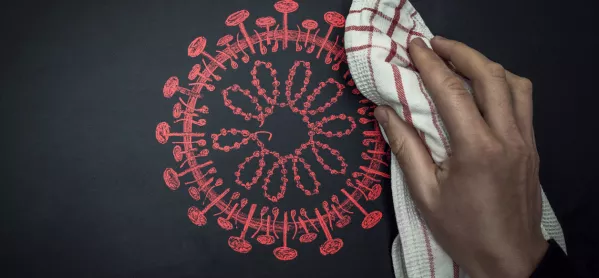A major new study will explore the ways different countries are responding to the coronavirus pandemic, including the impact of school closures.
A spokesperson for The Royal Society, which is launching the study, said it will be “looking at the impact in other countries where they’ve closed schools and examples of where schools have reopened and how that has affected transmission rates”.
The group, Delve - Data Evaluation and Learning for Viral Epidemics - will “support a data-driven approach to learning from the different approaches countries are taking to managing the pandemic” and is likely to have an influence on the government’s strategy.
News: Schools must start thinking about how to reopen
Coronavirus: ‘Stop speculation about schools reopening’
Coronavirus and schools: LIVE
The news comes as there is growing speculation over whether schools will reopen in the UK.
Coronavirus: When will schools reopen?
More than 80,000 people have signed a petition begun by the NEU teaching union stating that no schools should reopen “before it is safe to do so”.
And earlier this week, the NEU called for an end to “disturbing” speculation over reopening schools.
However, yesterday it was reported that the government is considering a phased reopening of schools from next month, using a “regionalised approach”, whereby schools would start to reopen in areas outside hotspots such as London and Birmingham.
And Labour leader Keir Starmer has said that reopening schools should be a priority at the end of any lockdown, pointing out the impact that schools closures are having on disadvantaged children.
The government has agreed the Delve group will have input on the UK’s response to coronavirus through the Scientific Advisory Group for Emergencies, Sage.
“There is a pressing need to analyse emerging data from countries around the world to identify the most important factors that can help slow the spread of the virus and help find long-term solutions to the pandemic,” the Royal Society said.
“Science has helped to guide the response to the Covid-19 pandemic and there is more the community can do to complement existing efforts.”




